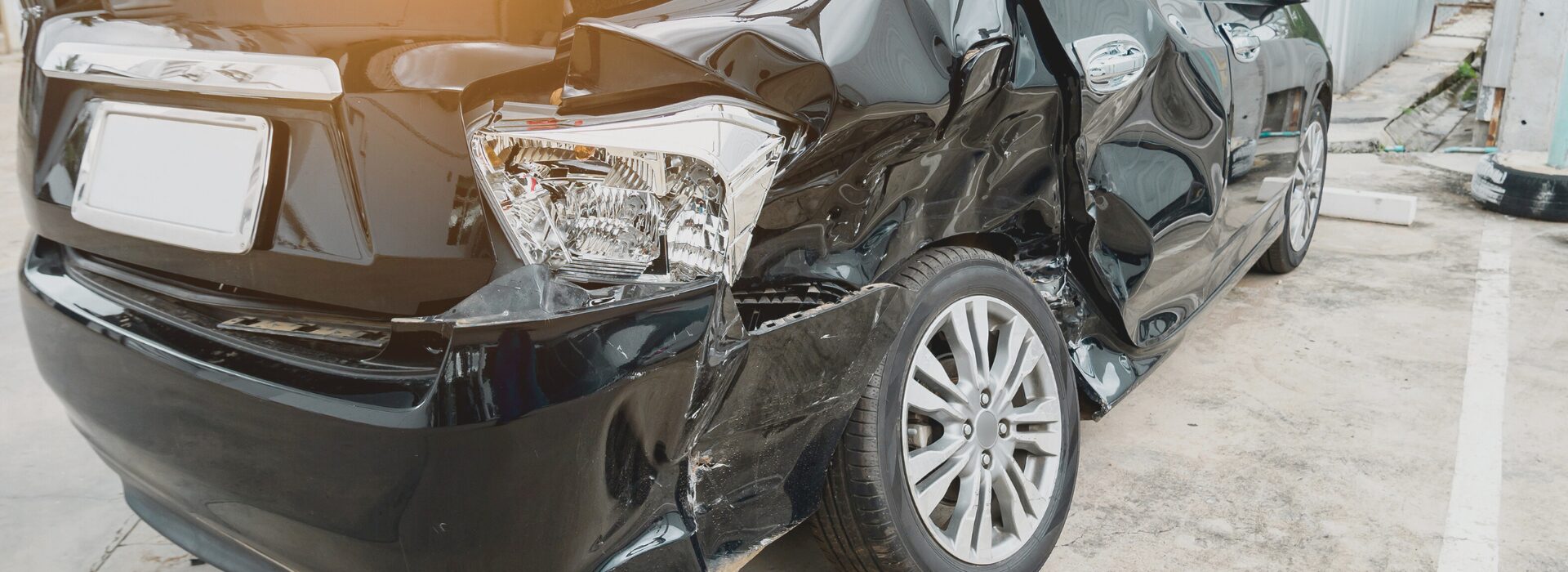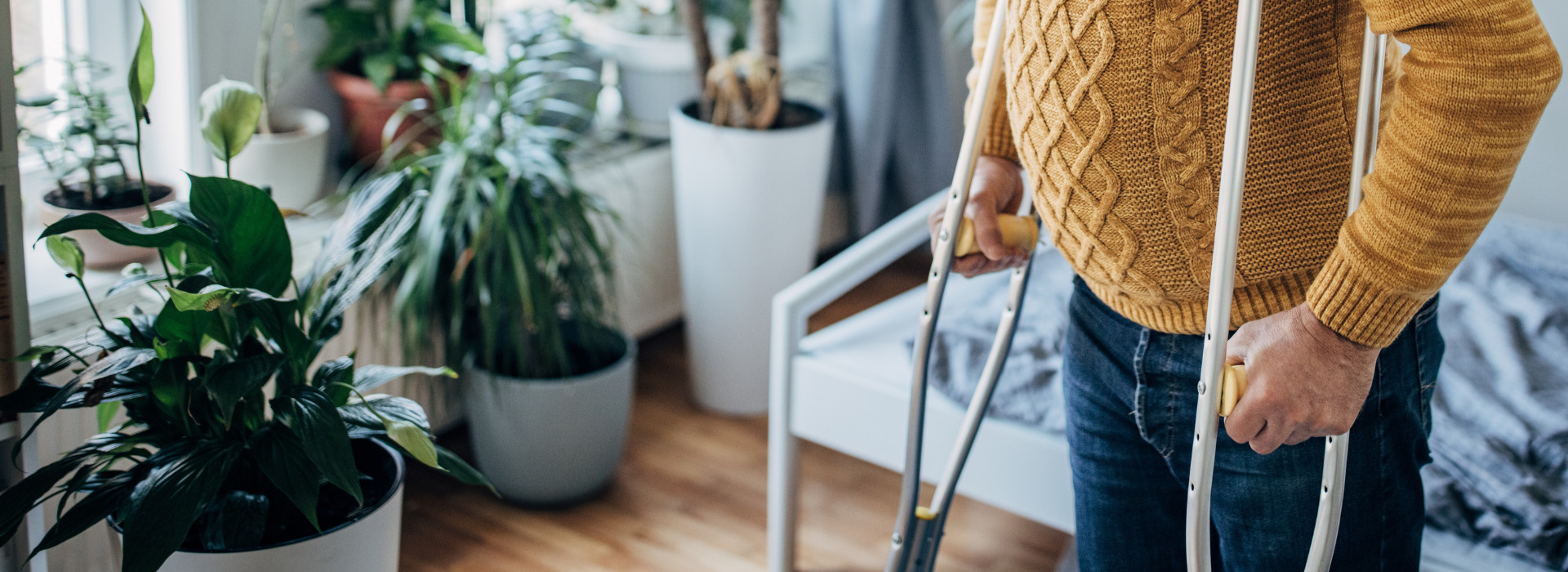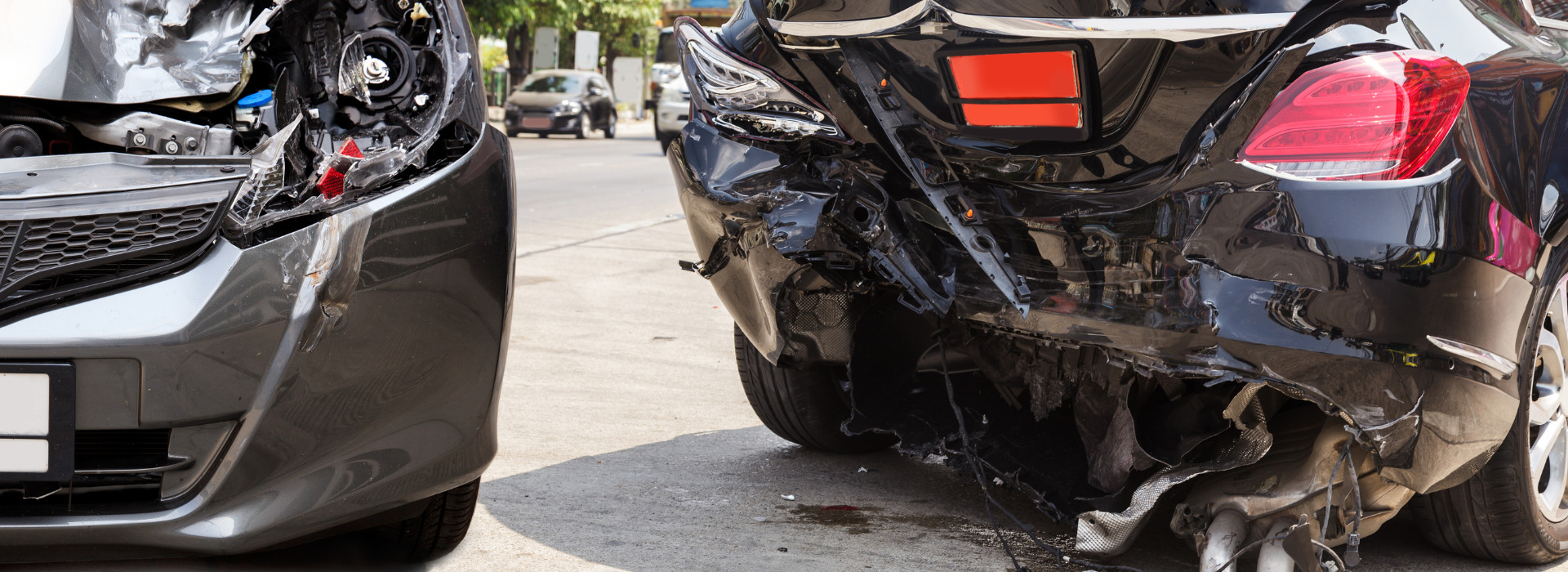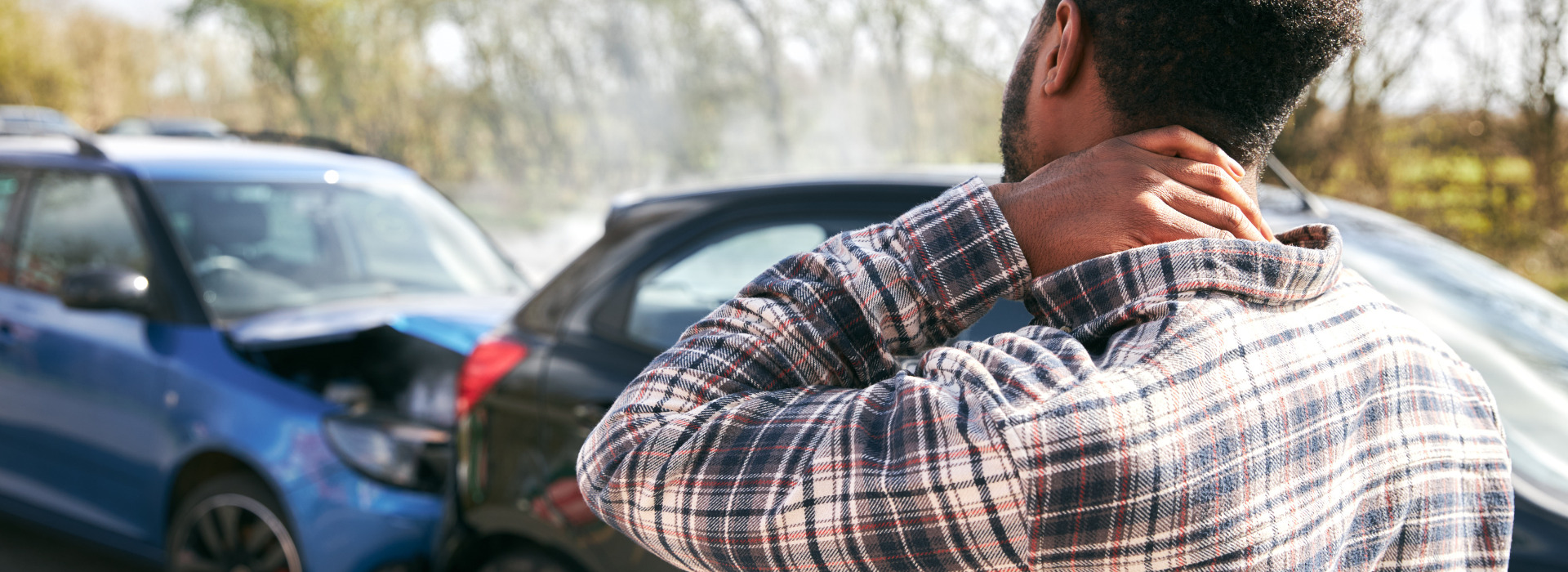With summer around the corner, Albertans are welcoming each other into their homes, backyards, and businesses. Although this is an exciting time, hosts and business owners should be aware of their obligations when welcoming guests. When a guest enters your home or business, either by express or implied invitation, you are liable for their safety and must take all reasonable steps to ensure your guest is not injured. If your guest is hurt while on your premises, you may be liable for their injuries under the Occupiers Liability Act.
If you plan on hosting a spring or summer get-together, read on and stay informed of your rights and responsibilities under the Occupiers Liability Act. In what follows, we will answer some commonly asked questions regarding occupiers’ liability.
What is “Occupier’s Liability”?
- Liability is a legal concept relating to fault and responsibility. When someone is liable for causing personal injury to another, they are legally obligated to remedy the loss and make the injured party whole.
- As the occupier of premises, you may be liable for injuries sustained by guests while they are on your property. This may be the case even if you did not directly contribute to the injury. Occupiers’ liability is established if it can be proved that the owner of a property did not keep the property in a reasonably safe state.
What Types of Structures or Settings Are Caught by the Occupier’s Liability Act?
- All “premises” are caught by the Occupiers Liability Act.
- Premises include homes, backyards, patios, boats, trailers, retail outlets, restaurants, and banquet halls. This is not an exhaustive list.
When Am I Considered an “Occupier”? – Who is Protected Under The Occupier’s Liability Act?
- “Occupier” means a person who is in physical possession of a premises or a person who has responsibility for, and control over, the condition of premises, the activities conducted on those premises and the persons allowed to enter those premises.
- Owners and tenants of homes are occupiers.
- If you rent a venue to host a party, you may be considered an occupier.
- The owner or tenant of a restaurant or retail outlet is an occupier.
- There can be more than one occupier of a single premises.
As The Occupier of a Premises, What are my Responsibilities Under the Occupier’s Liability Act?
- Occupiers owe all guests a “common duty of care.” This essentially means that occupiers must keep their homes and business in a safe condition.
- You cannot expose guests to unreasonable risks and potential injury.
- An occupier of a premises owes a duty to every visitor on the occupier’s premises to take such care as in all the circumstances of the case is reasonable to see that the visitor will be reasonably safe in using the premises for the purposes for which the visitor is invited or permitted by the occupier to be there.
- For example, if you plan on hosting a backyard BBQ, it would be a good idea to replace those missing deck boards. If your guest falls through a deck board, you, as the occupier, are liable for their injuries.
- The common duty of care applies in relation to the condition of the premises, activities on the premises, and the conduct of third parties on the premises. This latter point means that occupiers are responsible for their guests’ behaviour. If one of your guests assaults another guest, you, as the occupier, are responsible for their injuries.
Am I Still Liable if I Warn My Guest of Danger?
- Like many things in law, the answer is …. It depends.
- If you warn a guest about an obvious and easily avoidable risk, and the guest proceeds in the face of this risk, you may not be liable.
- If you warn a guest about a danger and take active steps to mitigate the risk of injury, it is likely you will not be liable.
How Does Alcohol Affect Liability Under the Occupier’s Liability Act?
- If a guest is injured by virtue of being excessively intoxicated (i.e., they fall down a flight of stairs) the occupier may claim contributory negligence and liability may be partially or fully negated.
- However, if you knowingly serve one of your guests to excess, and they injure themselves, you may be liable.
- To shelter yourself from liability, it is best to adopt a bring your own alcohol policy. This must be clearly communicated to your guests.


















